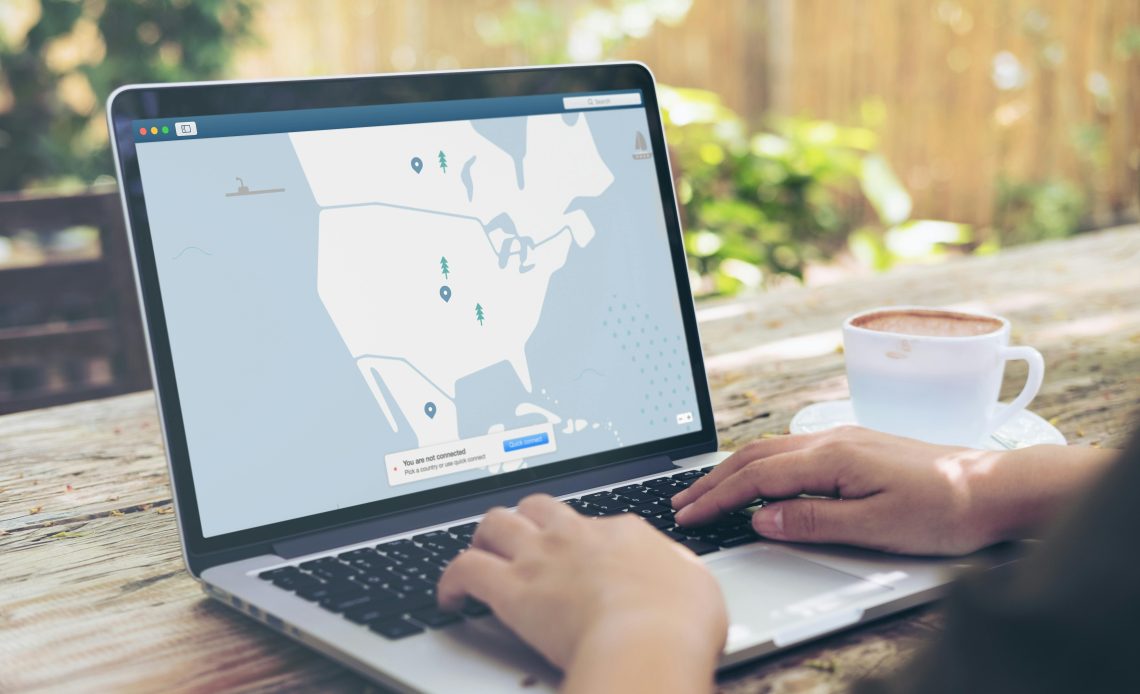
Your IP address is a lot like your home address on the internet. A lot of information can be gleaned from it. Information like your location, your ISP, and even what you like to do online. It’s no wonder you might like to keep that address secret at times, just as you protect your home address and don’t advertise it to everyone you know.
You might think you have total freedom on the internet, but that’s not the case. Even in the USA, there are restrictions that come into play. The classic example is how some states have started to restrict access to adult websites. Arizona, for example, is just the latest state to implement age verification laws on sites such as Pornhub.
Then there are some countries where censorship by the governments is the norm, where personal freedoms aren’t as readily available. While travelling you could unwittingly break those laws by logging into websites that are banned, and all with your identifying IP address being recorded. It’s a worrying thought.
When you change your IP address, you’re telling websites that you’re visiting from another place. If the websites you’re visiting are censored in the location you’re logging on from, a different IP address can fool those sites into thinking you’re in a different location and therefore can bypass the geographical censorship.
The second benefit is that changing your IP address helps conceal your identity. It masks your identity from advertisers, tracking companies, and anyone else trying to create a profile on you. That can stop you from being data mined.
Third, changing your IP address protects you from targeted attacks. Without your real IP address, hackers cannot target their attacks specifically at your connection. You’re a lot safer than if you were using your real IP address.
The easiest way to change your IP address is with a VPN, or virtual private network. A VPN not only changes your IP address, but it does so safely while encrypting your internet traffic. Once you’ve subscribed to a VPN your internet traffic is sent to the websites you visit via a secure server in a location of your choice. You take the IP address of that server instead of your own.
VPNs also protect you when you’re connected to public Wi-Fi, stop your ISP from throttling your internet speed, and enable you to stream content outside of your region or country of origin — all via the same mechanism, by giving you a new IP address. So, there’s a real practical benefit.
The thing is, though, not all VPNs are made equal. VPNs have different features, operate at different speeds, and have different policies regarding the data they keep track of.
On that last note, the thing to look out for is a no-logs policy. This outlines a VPN’s agreement not to keep a record of your online activities, your browsing history, or your connection logs. To find a good VPN that has a no-logs policy it’s best to read reviews online. PCWorld’s own recommendations of the best VPNs are based on comprehensive reviews, so be sure to check them out and compare features if you’re in the market for a VPN.
Author: Dominic Bayley
Source: PCWorld
Reviewed By: Editorial Team



